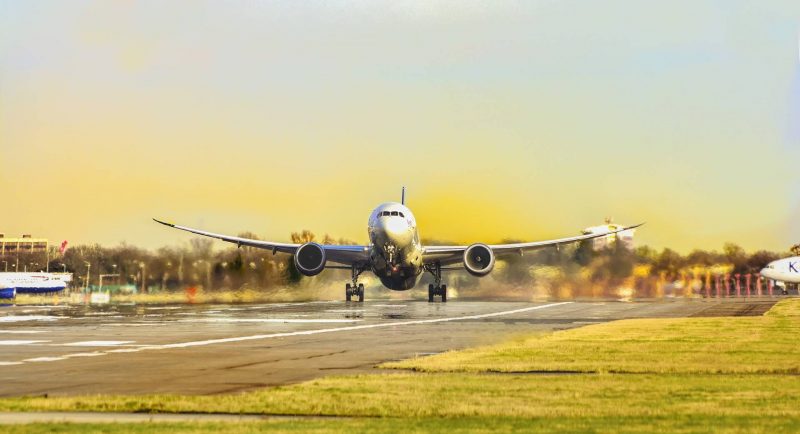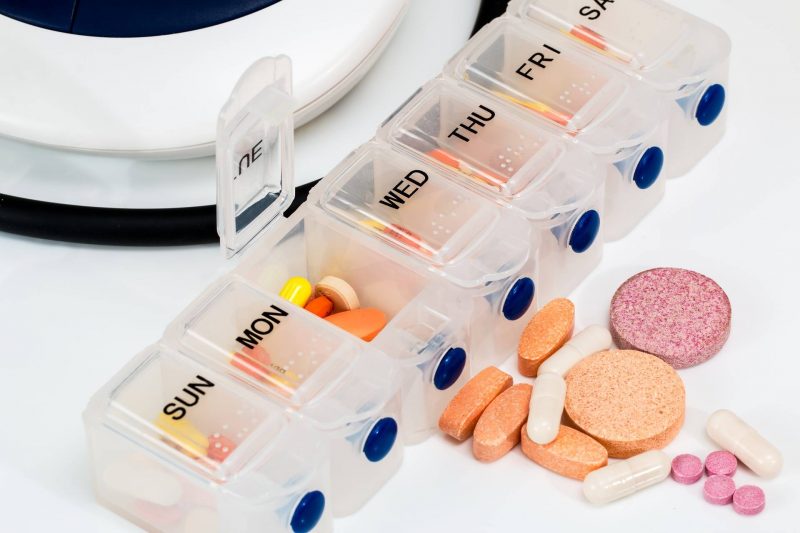One of life’s most exciting activities is travelling. Not only do you get to learn more about different places and meet interesting people, but it also makes a nice change from the monotony of daily life that we often get used to.
Having a pre-existing medical condition does not mean you cannot travel. A pre-existing medical condition refers to any sickness, physical defect, mental disorder or illness that has been diagnosed or treated in the year prior to taking out your insurance cover. You’ll have seen me mention my Mam has very severe Crohn’s disease but thankfully, she is still able to travel if she arranges suitable insurance.
There are many companies that offer travel insurance to people with pre-existing medical conditions. One of them is the Medical Travel Insurance.

The following tips can help you travel with a pre-existing medical condition:
1. Being accompanied by someone with knowledge of your condition
It is not necessarily the best idea to travel alone. Having a travel companion with the knowledge of your condition is a good idea. In the case of any unexpected problems, they will be there to assist you and can also help you plan your journey.
2. Seek advice from the doctor concerning your trip
Ask about the activities you will be involved in and the possible environment conditions that could affect you. You Doctor may be able to offer some advice and guidance about whether you should take part or what you can do to ensure the risks are less.

3. Travel with an extra medication
You should travel with enough medicine to last for your entire trip. If your supplies run out, you should consult a qualified medical practitioner so they can prescribe you more and ideally carry something with a brief history of your medical circumstances.
4. Start packing earlier
Start packing well in advance of your trip. List the medication you may need. Last minute packing may mean you forget some of the important things you will need during your trip.
5. Research the medical centres in your destination
At times, it is impossible to carry large supplies of medication, especially if you are travelling for a long time. You should use Google to research and locate medical centres that could assist you if necessary.
6. Carrying identification for a medical alert
Some conditions require that you wear an identification alert, you should definitely ensure you do this if you’re travelling alone. It will help Doctors or potentially an members of the public to assist your with any medical care.
7. Research medication restrictions
When travelling abroad, you must research the various medication restrictions that a country applies. If your medication falls under the restricted category, seek the relevant direction from the embassy and get something in writing before your travel with it.
8. Make sure your insurance cover is complete
Make sure that your insurance covers all your conditions. It can be costly but it will prevent future problems in case of an incident and help ensure you get the correct medical treatment with no nasty medical bill surprises afterwards!

9. Take care of your children
If you are travelling with children, it is important to keep all of your medication out of their reach, especially if they;re younger and see a large quantity of things together.
10. Organise your medication
Make sure you properly arrange your medication so you can retrieve them easily and label them all if possible. It will also be easy for your travel companions to find them in case of an emergency.
Don’t let a medical condition stop you seeing the world!
Collaborative Post
